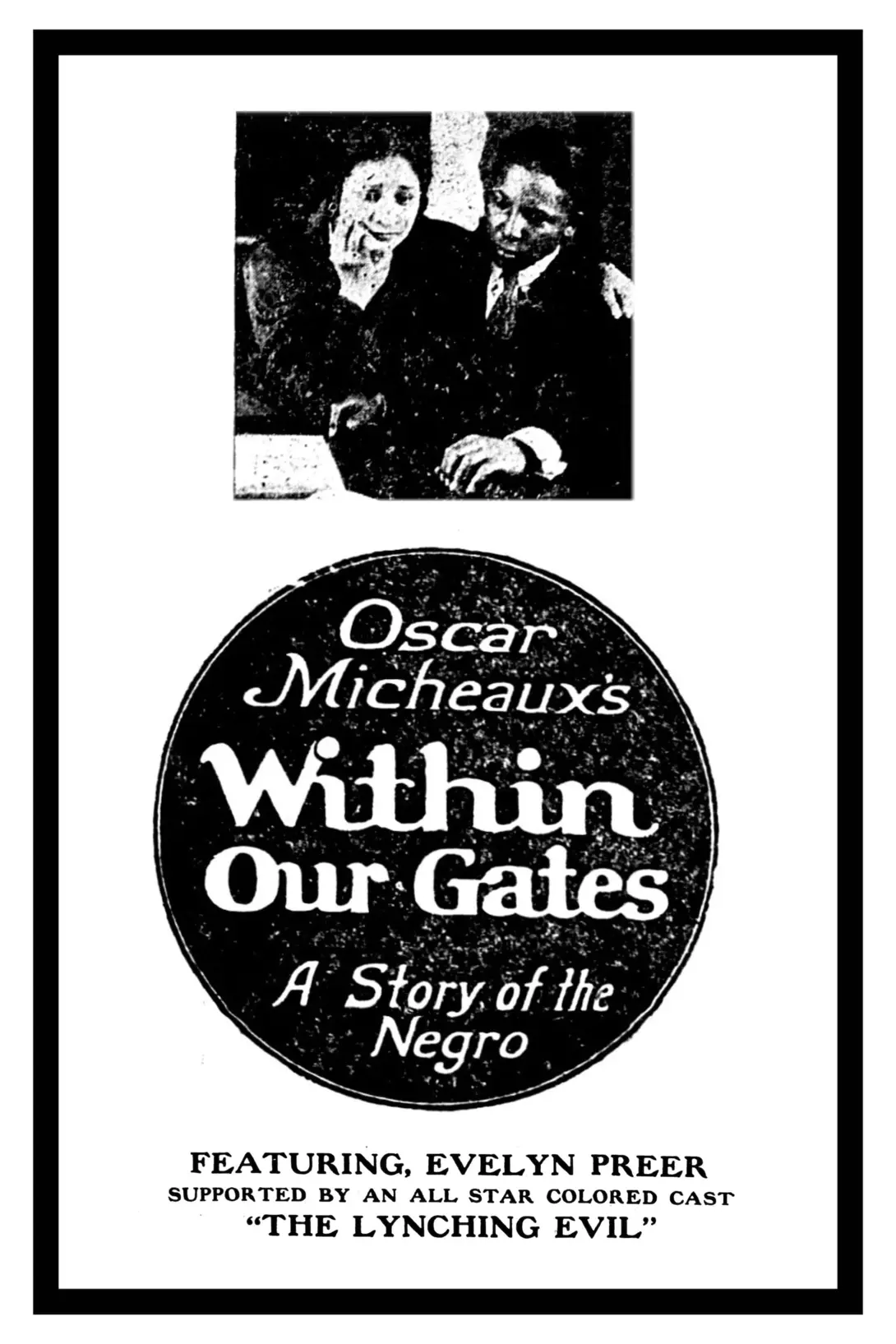In the context of early 20th-century America, a young African American woman named Sylvia Landry embarks on a journey to discover her identity and confront the injustices of her time. Following the tragic death of her beloved, Sylvia decides to return to her homeland in the South, where brutality and racial discrimination are palpable. The narrative begins with a shocking sequence of events that reveals the deep wound of lynching and the oppression that her community has endured.
Her journey leads her to meet various characters who reflect the struggle of her people: an educator with a mission to uplift the community, a mother whose heart is torn by loss, and a child who symbolizes hope for a better future. As Sylvia faces a series of challenges and adversities, her story intertwines with moments of love, betrayal, and resistance.
The echoes of history weave through the reality of a system that oppresses African Americans, while Sylvia becomes a small beacon of light amid the darkness surrounding her. The film not only serves as a powerful social commentary, but also highlights the importance of love, family, and perseverance. With each step she takes, Sylvia not only seeks justice for herself, but also becomes a voice for those who have been silenced, thus writing a tale of reclamation and hope that resonates across generations.
